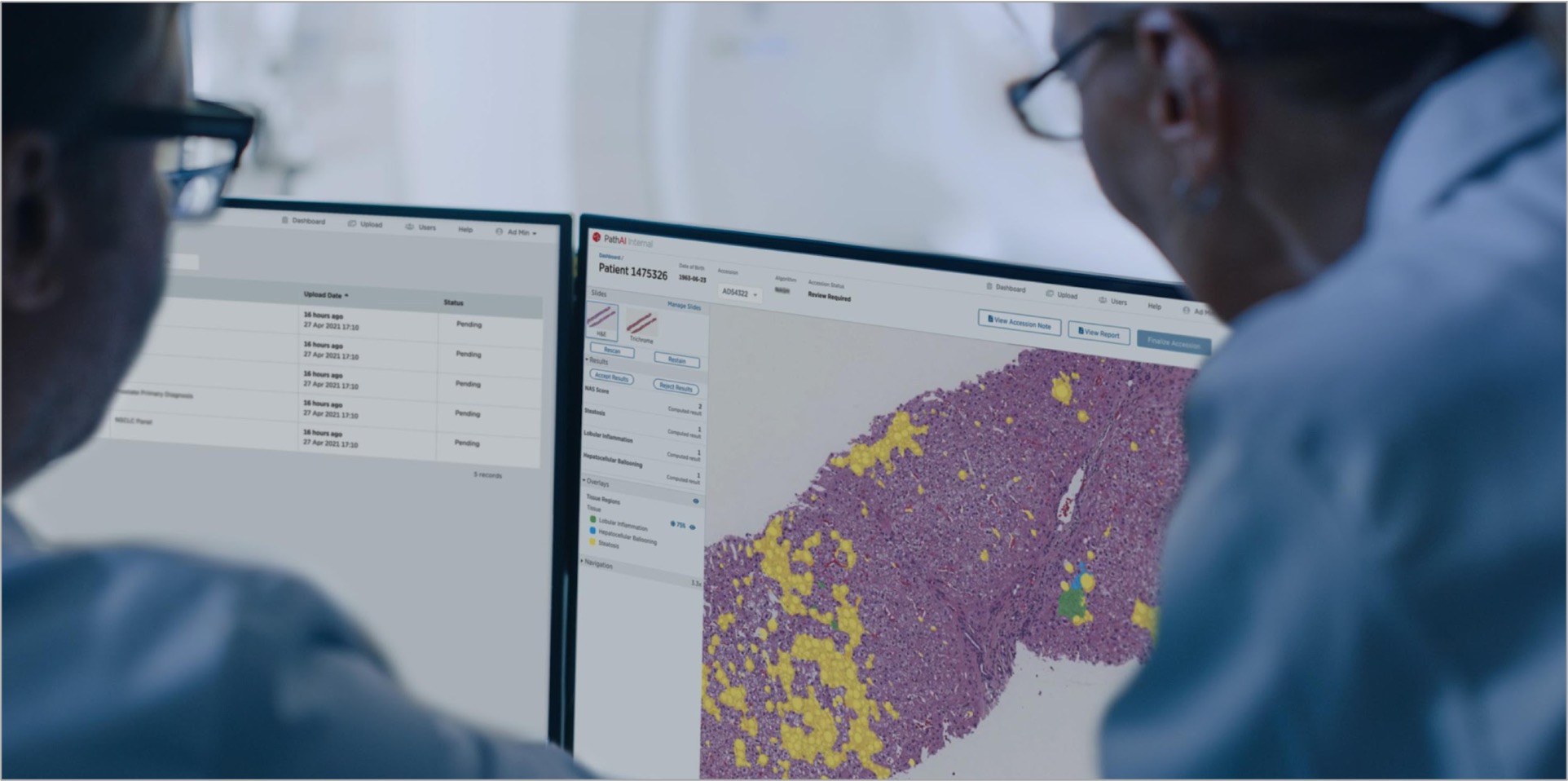
On March 10, Cleveland Clinic and Boston-based PathAI announced they are partnering to deploy PathAI’s artificial intelligence pathology algorithms for research as well as improving patient care. Specifically, the collaboration will enable the digitization of hundreds of thousands of pathology specimens, creating millions of whole slide images across multiple disease areas.
Less than a week later, on Wednesday, Cambridge, Massachusetts-based Pramana announced that it was launching its Digital Pathology as a Service product and had scored its first commercial agreement with Mayo Clinic. Through this agreement, Pramana would digitize 5 million slides at Mayo, which the startup claimed to be “one of the largest digitization efforts in the world to date, at an unprecedented rate.”
Both the announcements underscore how AI and machine learning are rapidly changing the field of pathology, which historically meant a pathologist evaluating tissue samples on a glass side under a microscope. Other companies in the space include Paige, Proscia, and Indica Labs.
For PathAI, by taking digital images of these tissue slides and creating vast libraries, machine learning algorithms can then be created to flag concerning cell types and areas of disease. A pathologist can then leverage PathAI’s platform to inspect the slide on a high resolution monitor.
“A side-by-side analysis generated from the algorithm [calls] out key areas of focus that gave rise to the overall analysis. As compared to the human eye alone, machine-assisted pathology can improve speed, efficiency, and even confidence in accuracy,” explained Andy Beck, CEO and cofounder of PathAI, in an email correspondence with MedCity News.
It’s not just about the accuracy of the human eye that digital pathology is helping to address. A senior executive from Pramana called out another area of human limitation that its service can alleviate: the time and convenience factor.
“It is often misconstrued that the challenges with going digital for tissue and body fluid slides end with the purchase of a scanner,” said Prasanth Perugupalli, chief product officer at Pramana, in a news release. “We realized that the greater pain and costs lie in the human capital needed to operate the scanners, which includes making the correct parametric selections and qualifying each whole slide image for any errors after the scanning is completed. Pramana’s DPaaS solution overcomes these challenges with minimal burden on the labs and delivers quality-assured whole slide images with standardized and open data formats.”
While Pramana’s agreement with the Mayo Clinic seems a more straight up commercial agreement, Cleveland Clinic’s agreement with PathAI appears to have a greater amount of collaboration. For example, PathAI will gain access to the digitized pathology slides and will help to develop and improve its AI-powered algorithms. Meanwhile, Cleveland Clinic’s medical team will provide expertise to ensure algorithms are fit-for-purpose in both clinical and research settings.

The PathAI platform was built to enable substantial improvements to the accuracy of diagnosis and the measurement of therapeutic efficacy.
“[Cleveland Clinic’s] clinical and research teams have deep expertise in diagnostic medicine and actively see and treat a high volume of patients across cancer types. This means that through digitization, the pairing of CC’s clinical and genomic data, and the application of artificial intelligence we are able to create an incredibly rich data set that will fuel new product development leveraging our machine and deep learning models,” Beck added. “As we build these models we will have the support of a world renowned medical team to ensure our algorithms are fit-for-purpose in both clinical and research settings.”
Faster and more accurate diagnosis through AI can have a vital impact on patient outcomes. As a case in point, Beck mentioned PathAI’s research on AI-based scoring in non-alcoholic steatohepatitis (NASH), which demonstrated a reduction in diagnosis variability and improved biomarker sensitivity, increasing the chance of success. Beck added that NASH is a disease area that leaves patients without many therapeutic options as of yet.
If PathAI can deliver on its goals, it will be a success story in the world of digital diagnosis aided by AI and ML. It had a busy 2021. The company landed a $165 million series C funding round and acquired Poplar Healthcare. In this latest round, one participant was the integrated payer-provider health system — Kaiser Permanente. And tucked into the news release announcing the collaboration with Cleveland Clinic was this little meaningful nugget: Cleveland Clinic is taking an equity stake in the company. The investment amount was not disclosed.
Other than Cleveland Clinic, to date, PathAI has partnered with several other companies, including Akoya Biosciences, Novo Nordisk, and Roche. But ultimately health systems and physicians are an important piece of the puzzle, given their role in the actual practice of medicine.
“[Partnering with Cleveland Clinic is] a step forward in realizing our vision for all anatomic pathology to be digital, and demonstrates the use of AI to be standard-of-care in drug development and diagnostic medicine,” Beck said. “In order to succeed, we need to bridge communities in the healthcare ecosystem including physicians, biopharma partners, and academic medical centers (AMCs). We’re thrilled to partner with an AMC of this caliber and we plan to continue to forge meaningful relationships to help ensure success.”
Photo: mikdam, Getty Images and PathAI















